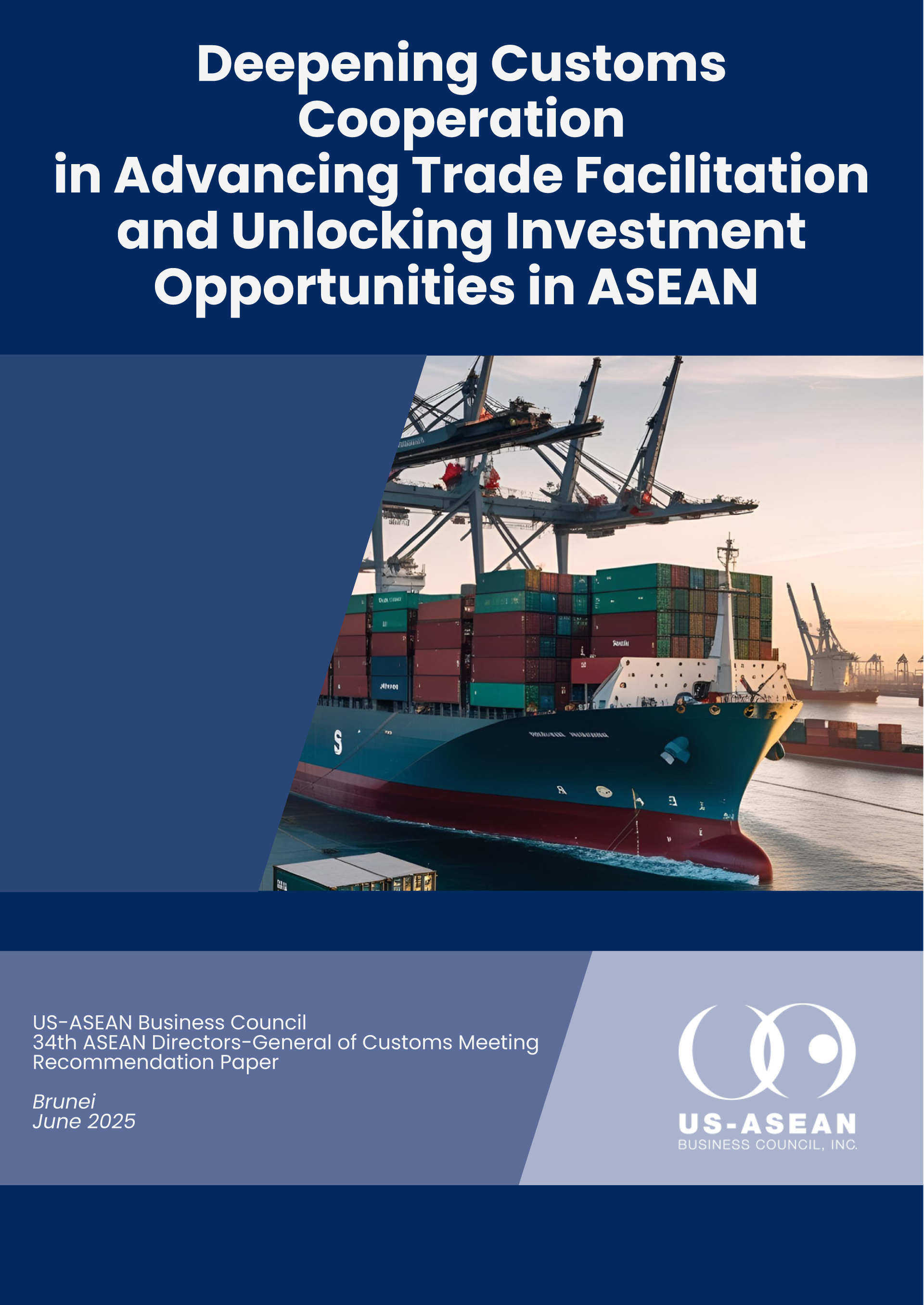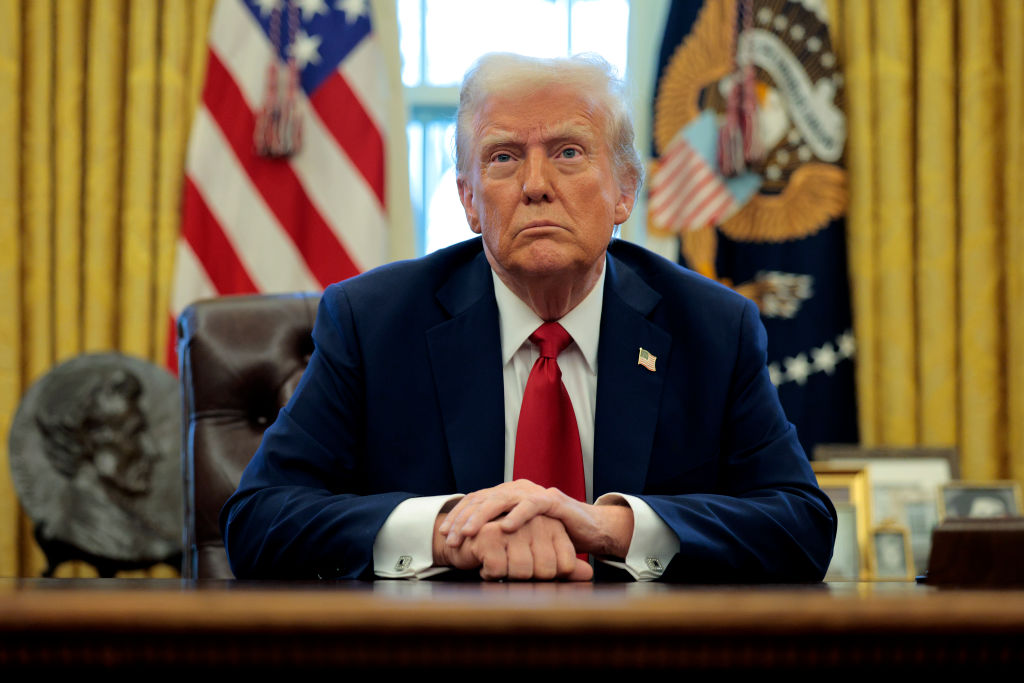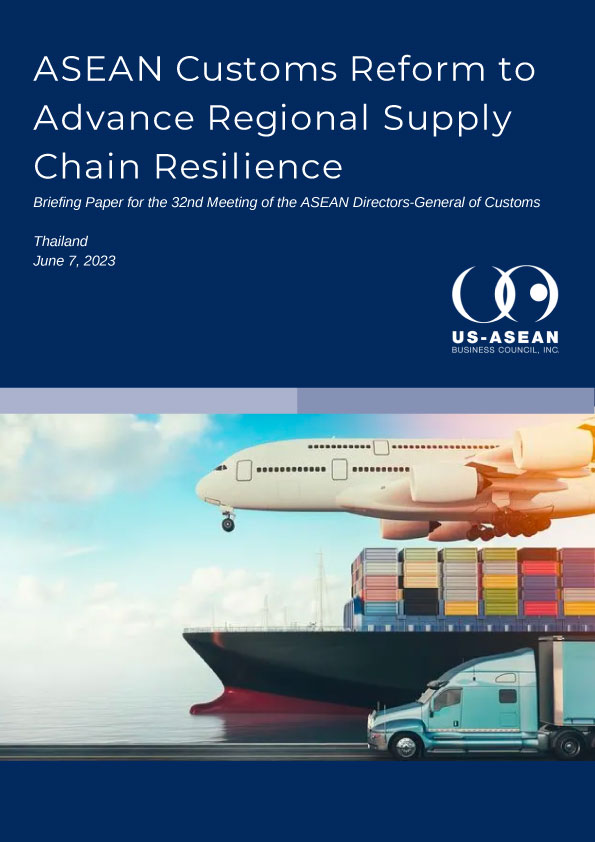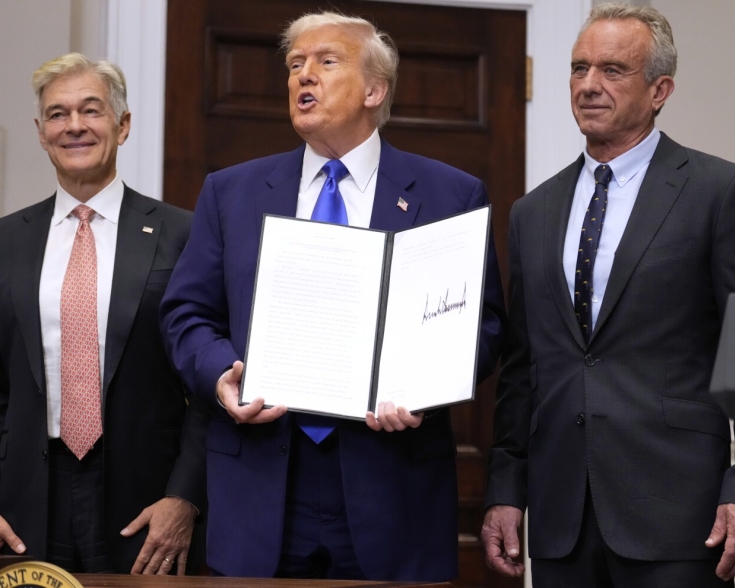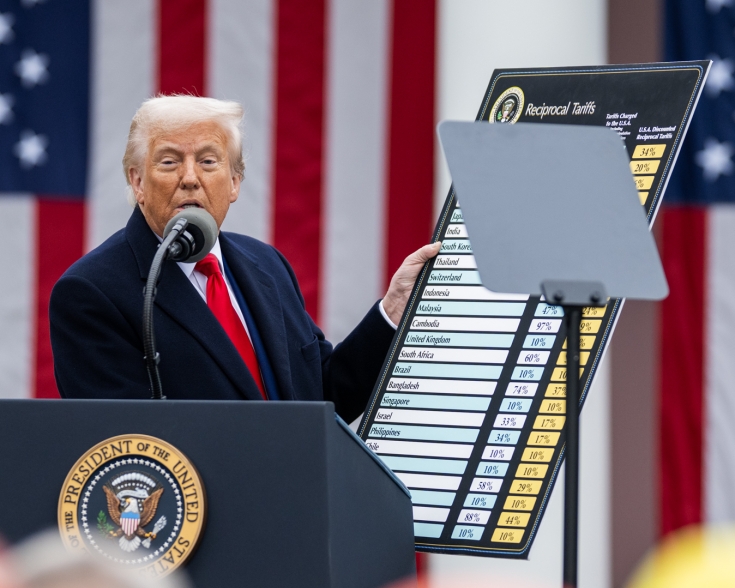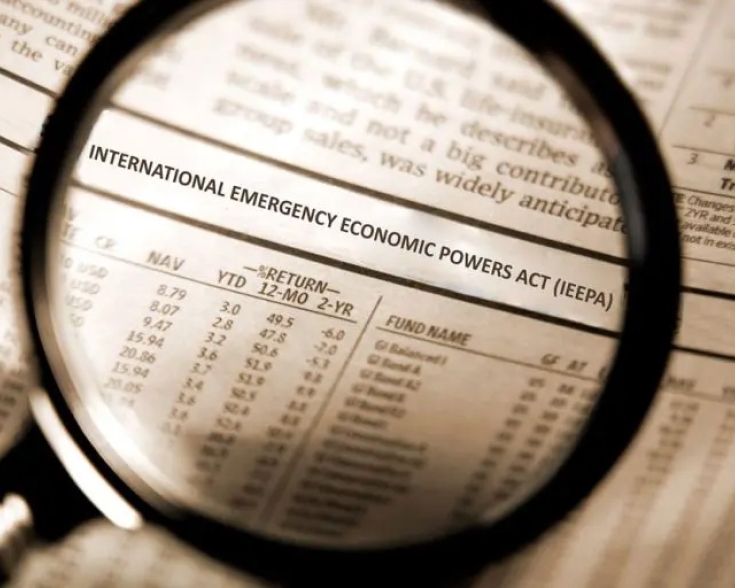Malaysia and the EU Resume FTA Talks Over a Decade
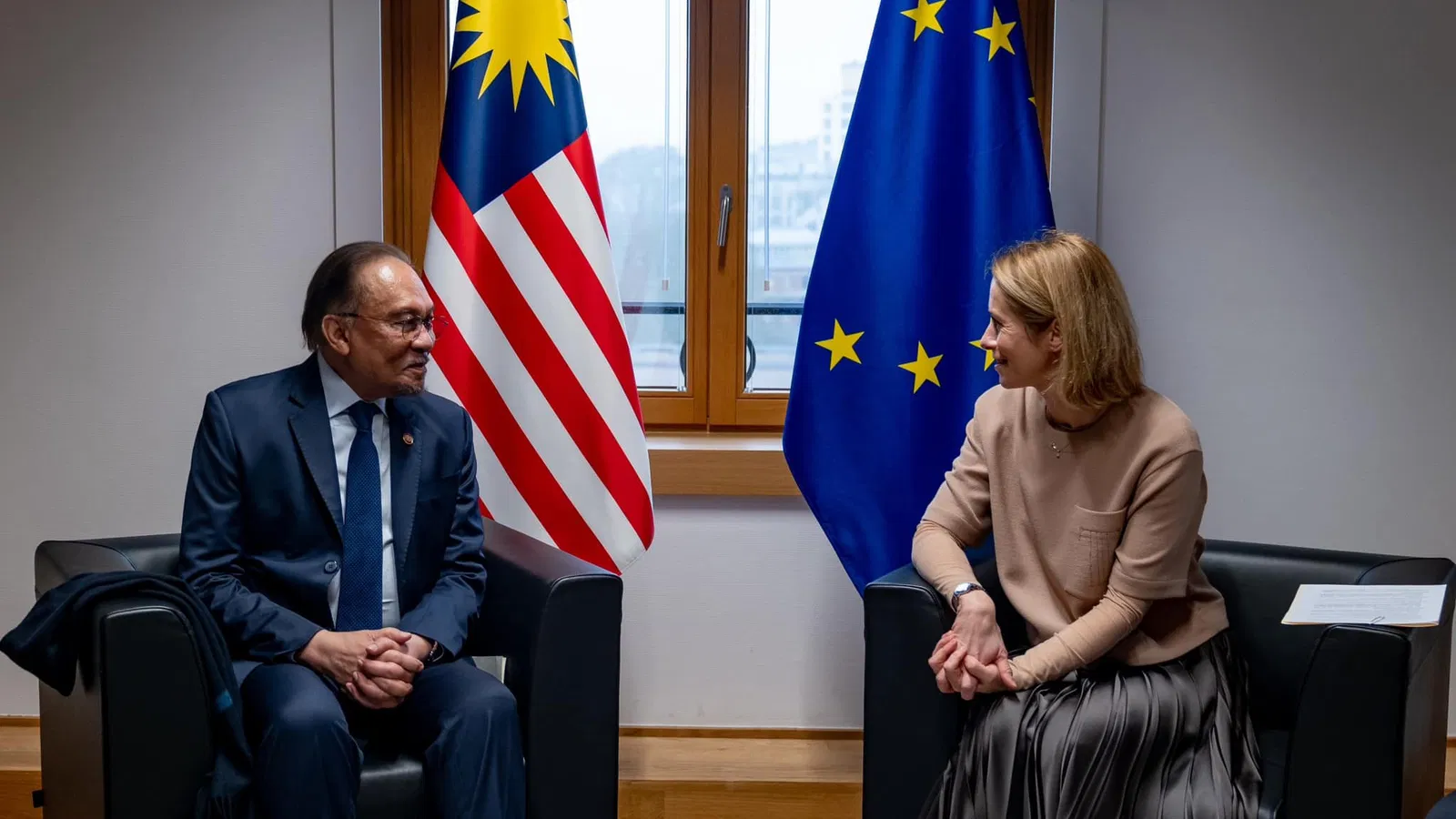
Malaysia and Europe announced the resumption of negotiations for the Malaysia-European Union Free Trade Agreement (MEUFTA) on January 19, 2025, during Prime Minister Anwar Ibrahim’s visit to Brussels. This pivotal development aims to deepen bilateral trade and investment relationship after a long hiatus.
Negotiations initially began in 2010 but were suspended in 2012 at Malaysia’s request, primarily due to disagreements over issues such as market access and the EU’s environmental regulations affecting Malaysia’s palm oil industry. A stocktaking exercise in 2023 allowed both parties to reassess their positions and explore the possibility of resuming negotiations.
One significant focus of the FTA is enhancing cooperation in sectors such as manufacturing and green energy. The agreement also seeks to boost Malaysian exports to the EU, including electrical and electronic products, optical and scientific equipment, and sustainably produced palm oil and its derivatives. Labor rights and environmental protection are expected to feature prominently in the new agreement.
In 2023, Malaysia was the EU’s third-largest trading partner within the ASEAN region (after Singapore and Vietnam), while the EU ranked as Malaysia’s fourth-largest trading partner (after China, Singapore, and the US). Trade between the two has primarily shown a significant growth, increasing by 65.2% over the past decade – from €27.04 billion in 2013 to €44.66 billion in 2023. The trade is dominated by industrial products, accounting for over 90% of the trade flows. Under this category, machinery and appliances constitute a substantial portion, accounting for 62% of EU imports and over 46% of EU exports. Other significant sectors include animal and vegetable fats and oils, chemical products, and optical and photographic instruments.
Currently, trade between Malaysia and the EU operates under the framework of the World Trade Organization (WTO), to which both are members. Malaysia is also a member in the Comprehensive and Progressive Agreement for Trans-Pacific Partnership (CPTPP) since 2022, which further liberalizes its trade with other member countries. The proposed FTA with the EU is anticipated to build upon these existing frameworks.

